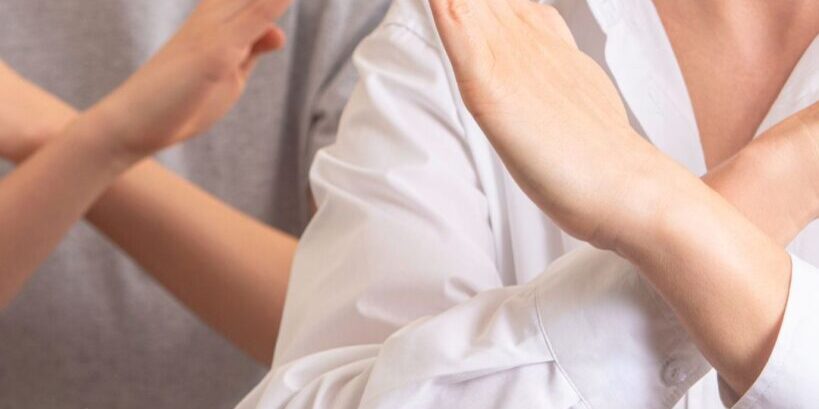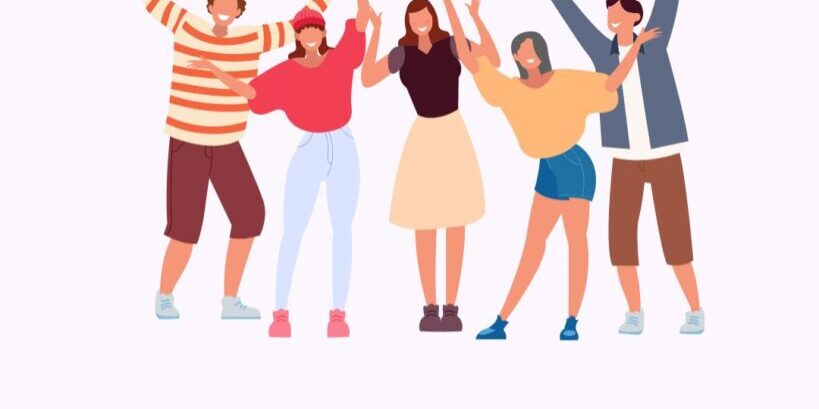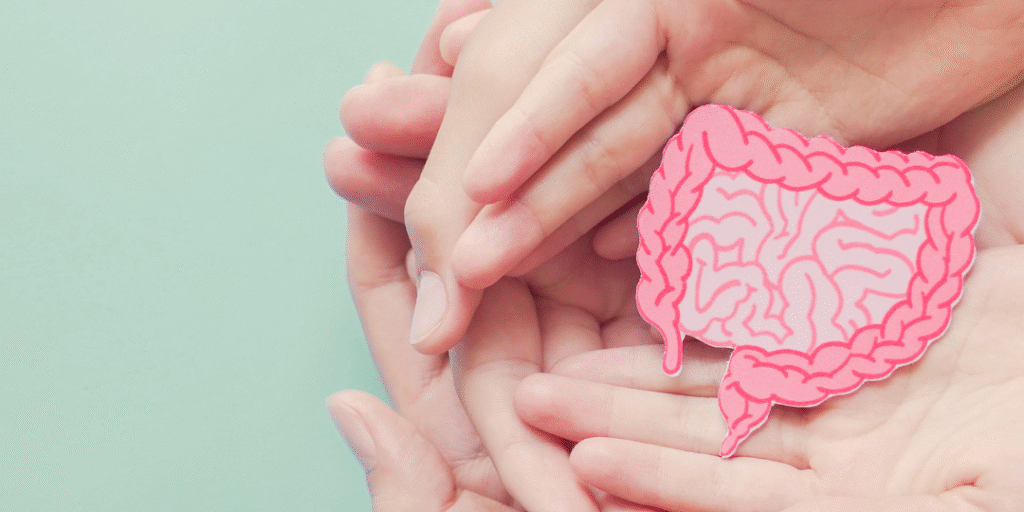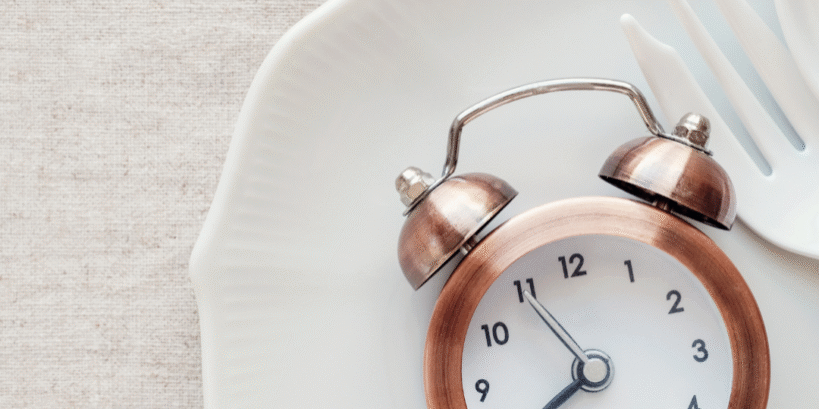K-Pop and Disordered Eating

K-Pop, short for Korean popular music, has a growing international following. Not only does K-Pop have a distinct sound, but it is often packaged with captivating visuals like choreographed dance routines, colourful outfits, and vibrant music videos. K-Pop’s passionate fans gather online and in person to share stories about their favourite K-pop stars, often referred to as “idols”. Many fans also try to emulate their idols’ physical appearance, including their clothing, hair, and even body shapes. This is a worry, because for all its creativity and innovation, K-Pop is also criticised for promoting increasingly rigid beauty standards in South Korea. Male and female idols are expected to be conventionally attractive and slim, while females are especially scrutinised for their body size and shape. If they happen to step outside of culturally desirable proportions, they are met with harsh criticism from management agencies (1, 2, 3) and the public (4), with some arguing that being thin is simply a requirement of the job (5). K-Pop idols often answer media questions about their eating and exercise habits, which are known to include strenuous choreography training, rigorous gym routines, and restrictive diets (6). Some idols even share their dangerously inadequate diets in great detail including rigid rules about when and what to eat. This trend has inspired young fans to try these diets and post their experiences and results on Tik Tok and YouTube. These videos further fuel social comparison and run the real risk of making disordered eating normative and even desirable.
The appearance and performance pressures on these young K-Pop idols has led to a range of mental health problems—from eating disorders (1, 5) to suicide (7, 8). Setting unrealistic standards of beauty and perfection can have trickle-down effects not only in South Korea (9), but for K-Pop fans around the world. Young fans who compare what they see in the mirror to the carefully curated and dangerously thin idols may start to engage in unhealthy restriction and exercise behaviours. These behaviours can be the first steps in a slippery slope to an eating disorder, low self-esteem, and depression. Importantly, eating disorders don’t discriminate! They can afflict individuals from all racial and ethnic backgrounds and we know that disordered eating in Asian populations is on the rise. Hopefully the K-Pop industry will take note of the impacts on their stars and fans and keep producing the great music, but ease up on the dangerous appearance pressures.
If you have ever had an eating disorder and wish to participate in the largest ever global study into genetic and social factors that increase risk for eating disorders, please visit edgi.nz. If you need assistance with a current eating disorder, please see your GP in the first instance.
News
Participant Stories
Sorry, we couldn't find any posts. Please try a different search.





